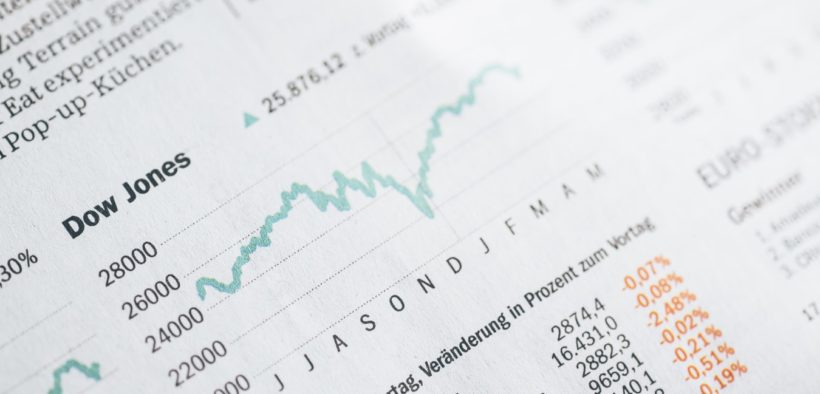Stock Markets: Post Trump Effect
Share

Confused investors, fatigued fund managers, and disoriented traders. Sounds familiar?
The market after the election has been a dangerous playing field. Players of the market are attempting to predict what a Trump presidency means. Based on Trump’s previous announcements, investors have sold bonds and their stock-market proxies, while snatching bank and infrastructure stocks on hopes of increased fiscal spending, lower corporate taxes, and boosted growth and inflation.
In the bond market, a sell-off resulted in long-term government debt rising from 2.224% to 2.240%, the largest six-day yield gain since 2010 (yields move inversely to price). The yield on the two-year U.S. treasury note rose to 1.008%, the highest level since January 5, up from 0.988% on Monday. Short-term debt took a loss after data coming from the Commerce Department showed a rise in October retail sales. The reason for the bond sell-off is that a stronger economy gives incentive for the federal reserve to raise rates, which makes government bonds unappealing.
The Dow Jones Industrial Average notched a fourth consecutive record close Tuesday, despite investors pulling back from popular post-election trades.
It should be noted that short-term volatility around elections is not uncommon. While the market may be a confusing setting at the moment, long-term trends should not be dislocated. Many people exaggerate the results of elections on medium-terms of the market. Sure, the presidential position is important, but congress is just as important, and impact on at least one supreme court seat can be expected. This makes it hard to predict government policy for now.
In the end, performance comes down to fundamentals. Policy creations have definite effects on markets, but fundamentals are ultimately the driving force behind market performance. It seems all we can do for now is keep seated, and keep eyes on the charts.
You may also be interested in: Wall Street vs. Donald Trump; US and Global Stock Markets Plunge
Writer: Shayan Salesi
Disclaimer: All investing can potentially be risky. Investing or borrowing can lead into financial losses. All content on Bay Street Blog are solely for educational purposes. All other information are obtained from credible and authoritative references. Bay Street Blog is not responsible for any financial losses from the information provided. When investing or borrowing, always consult with an industry professional.






Bay Street Blog Newsletter
Click here to subscribe for a financial savvy experience.
Please check your email to confirm subscription!